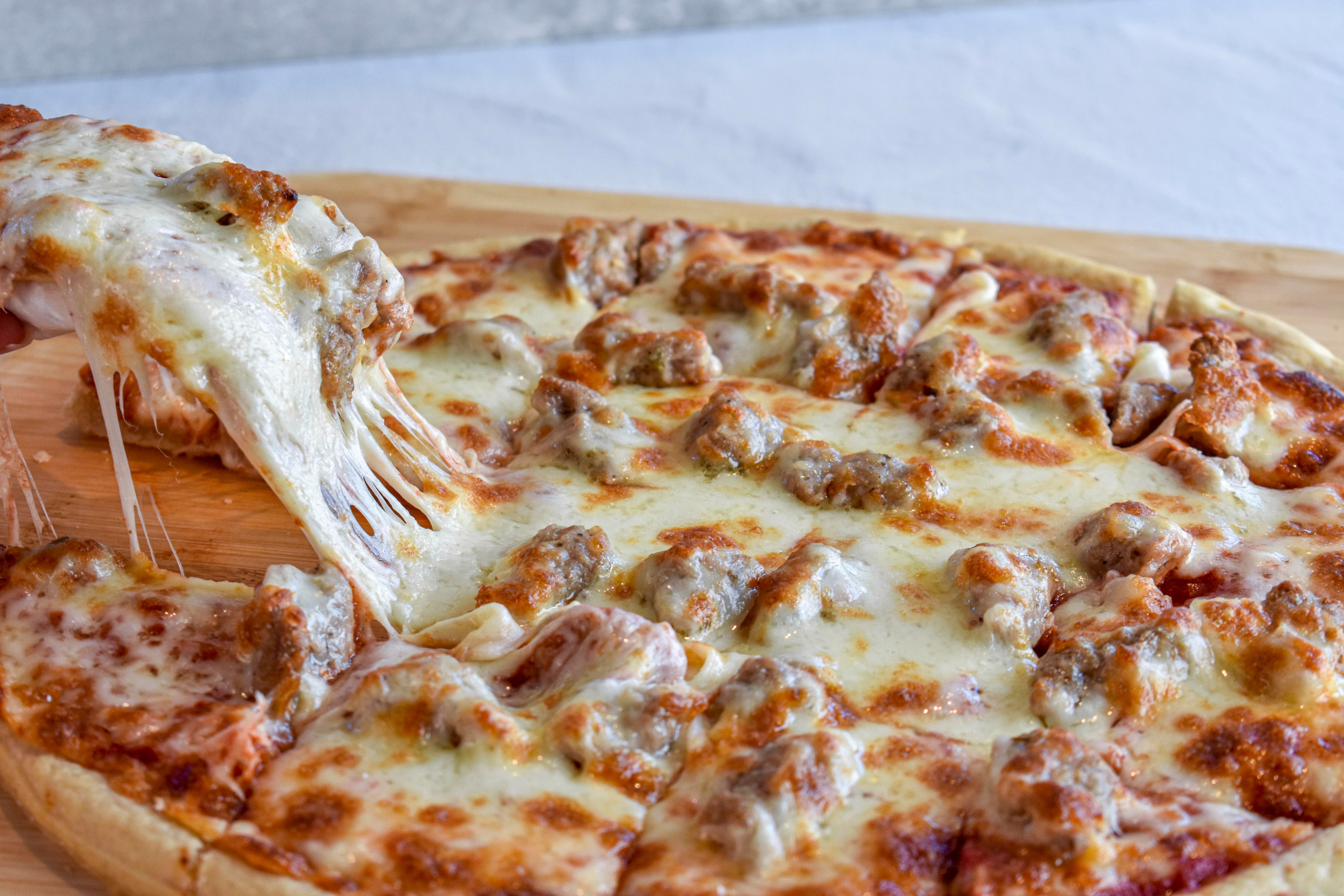A mall in Wrigleyville? Why, that would be as out of place as … an Indian restaurant on Devon Avenue, or a dim sum joint in Chinatown.
Local business owners are complaining that a $100 million mall on the 3500 block of North Clark Street -- with a Best Buy, Dominick's, an Apple Store and a CVS Pharmacy -- will “bring suburbia to Wrigleyville.”
Haven’t they noticed? Suburbia has been coming to Wrigleyville for years. Those kids, living four to an apartment on Racine Avenue and shutting down John Barleycorn’s? -- they didn’t go to Lake View High School. They went to Glenbrook North and Wheaton-Warrenville South. They long to be able to run out and buy condoms and USB cables -- without paying for parking -- just as avidly as an newcomer from Kolhata longs for a hot samosa.
Chicago prides itself on welcoming and tolerating immigrants from all over the world. Shouldn’t we be embracing the ways of these newcomers, instead of complaining that they’re ruining “our” city by making it a less hip place to live?
Urban romanticists who mourn for the gritty Chicago of the 1970s have long complained that Mayor Daley is suburbanizing the city. In fact, what’s happening here is part of a nationwide trend. A recent study by the Brookings Institution found that suburbia is experiencing a reverse white flight to urbia, as “cities … have become magnets for aspiring young adults who see access to knowledge-based jobs, public transportation and a new city ambiance as an attraction.”
In another reversal, suburbanites used to complain about newcomers from the big city ruining the “country feeling” they’d come to cherish in their hometowns. Now, city dwellers are complaining about suburbanites ruining their urban vibe.
Local
Ald. Tom Tunney, who approved the new mall, once predicted that his 44th Ward is the future of Chicago.
“In twenty-five years,” Tunney said, “the entire city is going to look like this. It’s going to be Manhattanized. There’s nothing anyone can do about it. There’s too much demand for land in the city.”
“Then where will the poor people live?” he was asked.
“In the suburbs.”
So, if you miss the old Lake View -- that once-funky enclave of hippies, actors, Mexicans, and old German immigrants -- you know where to move.



